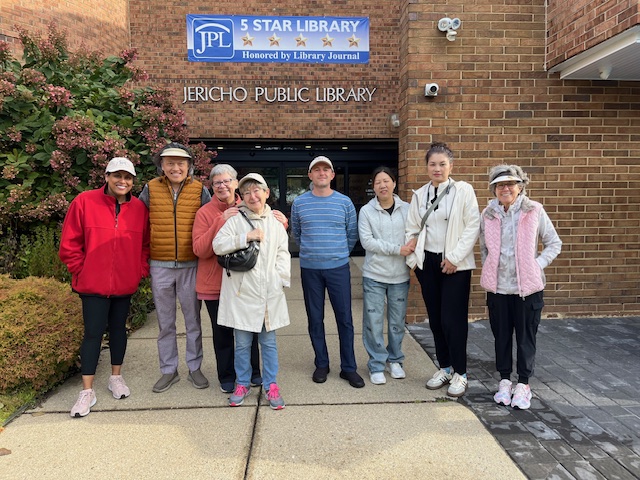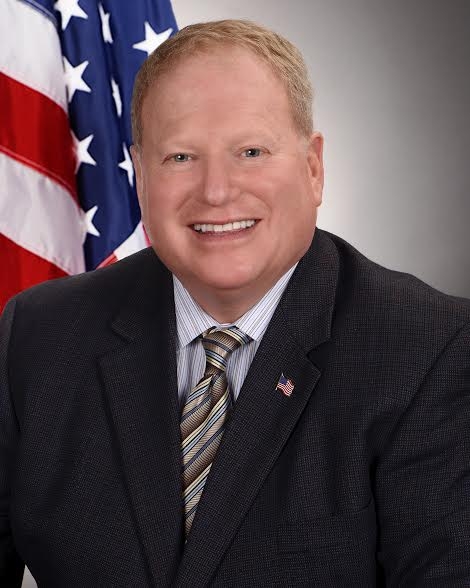The people of Oyster Bay have spoken, or at least 12 percent of them have, and by a margin of more than two to one they elected to sell 54 acres of Town-owned property in Syosset-Jericho for $32.5 million.
They voted to sell to a consortium of developers led by Simon Property Group, without open bidding that might fetch a higher price. In doing so, they shut out rival developer Taubman Centers Inc., which owns the neighboring 39-acre site and has been lobbying (and suing) for nearly 20 years for permission to build a megamall there.
They voted after weeks of intense — sometimes nasty — campaigning that included aggressive community outreach, blizzard-force marketing and attorneys taking depositions. The two sides traded accusations of deceit, misinformation, and venality, some more grounded in fact than others.
But the big picture changes little with this vote, which mainly sets the parties up for continued delay. Assuming the sale goes through according to voters’ wishes, the town will occupy the site free of charge for five more years, and maybe pay rent to stay another three after that. So the new owners, who have indicated plans for a residential/retail mixed-use facility, won’t be developing anything anytime soon.
The bitter accusations continue without pause. After the vote, Town Supervisor John Venditto (on the ‘Vote Yes’ side) released a statement celebrating the rejection of “Taubman’s greed and shameful and unethical behavior.” Kyle Sklerov, spokesman for LI Jobs Now (on the ‘Vote No’ side), responded that the town’s “misinformation campaign” let it “slip [a] rotten deal past the public.” Predictably, the losers are preparing to fight the result of the vote in court.
“Once a mall developer identifies an area of interest, he/she will not quit,” concluded John Mullins and Zenia Kotval, professors of regional planning and co-authors of several papers on mall development dating back to the early 1990s. “Even if it takes years, once a market is identified every effort will be made to ensure that the development opportunity is not lost.” As its first outpost in New York, the Gold Coast location likely holds special importance for the global developer, which has spent upwards of $150 million to date.
From the beginning, the anti-mall faction said a ‘yes’ vote would “stop the mall.” Toward the end, the other side was saying a ‘no’ vote would stop the mall. Neither claim was accurate.
The mall in question is one Taubman has been, since 1995, lobbying and suing to build on its 39-acre parcel. Some local residents support the mall plan, for the construction and retail jobs it will bring. On Christmas a few years back, trade union members gave out lumps of coal to chide lawmakers for blocking progress. Similarly, there are local business leaders who hate to see this capacious expanse of prime real estate by the highway going to waste. One called it a “regional disgrace.”
The grassroots support for the mall, however, is less passionately engaged than its opposition, which has successfully stymied the project. The town board has refused to issue the zoning exemptions and special permits through at least three iterations, sending the developer back for more impact assessments. Taubman has shrunk its plan from a million square feet to around 800,000 square feet, and offered other accommodations and mitigations.
Yet the anti-mall forces, now empowered by the vote, show no signs of relenting. “We, as residents, stand together in what we know is best for our community,” said longtime county legislator Judy Jacobs after the vote. “I have never wavered in 25 years from my original stand that a mall in this area is not warranted and would have had a disastrous impact. Hard work is easy work when you are striving for what you believe in.”
Taubman allegedly offered more money, or at least was willing to, if the purchase came with the right special permits for the mall project. Furthermore, additional space would provide more leeway to mitigate possible negative impacts. The company could, for example, use the significant additional space to keep mall traffic off local streets or shield residents from noise and pollution, overcoming some of the town’s objections to the project. Selling to a Taubman rival nixes those possibilities.
But it doesn’t change the essential fact that Taubman owns a large piece of land, nor the company’s desire to build a mall there. In fact, if the Simon group puts up a mixed-use development, that might make the site more attractive, providing a built-in group of potential customers nearby.
“The referendum was never about a mall, which can still be built on Taubman’s property,” said Kyle Sklerov, spokesman for the Taubman side on LI. “We will continue to push this case in the courts and are committed to making sure the Town acts in the best interests of its taxpayers rather than Simon Property Group — whose only interest is maintaining its mall monopoly.”
At best, the referendum vote will bring a new development to Oyster Bay. Maybe it will be an office park or medical facility or computer company. Maybe there will be retail stores on the ground floor and apartments up top. With no concrete plan, anything’s possible.
But it’s not going to happen any time soon.
And it’s not going to stop Taubman from pursuing its dream of a Gold Coast megamall.





























